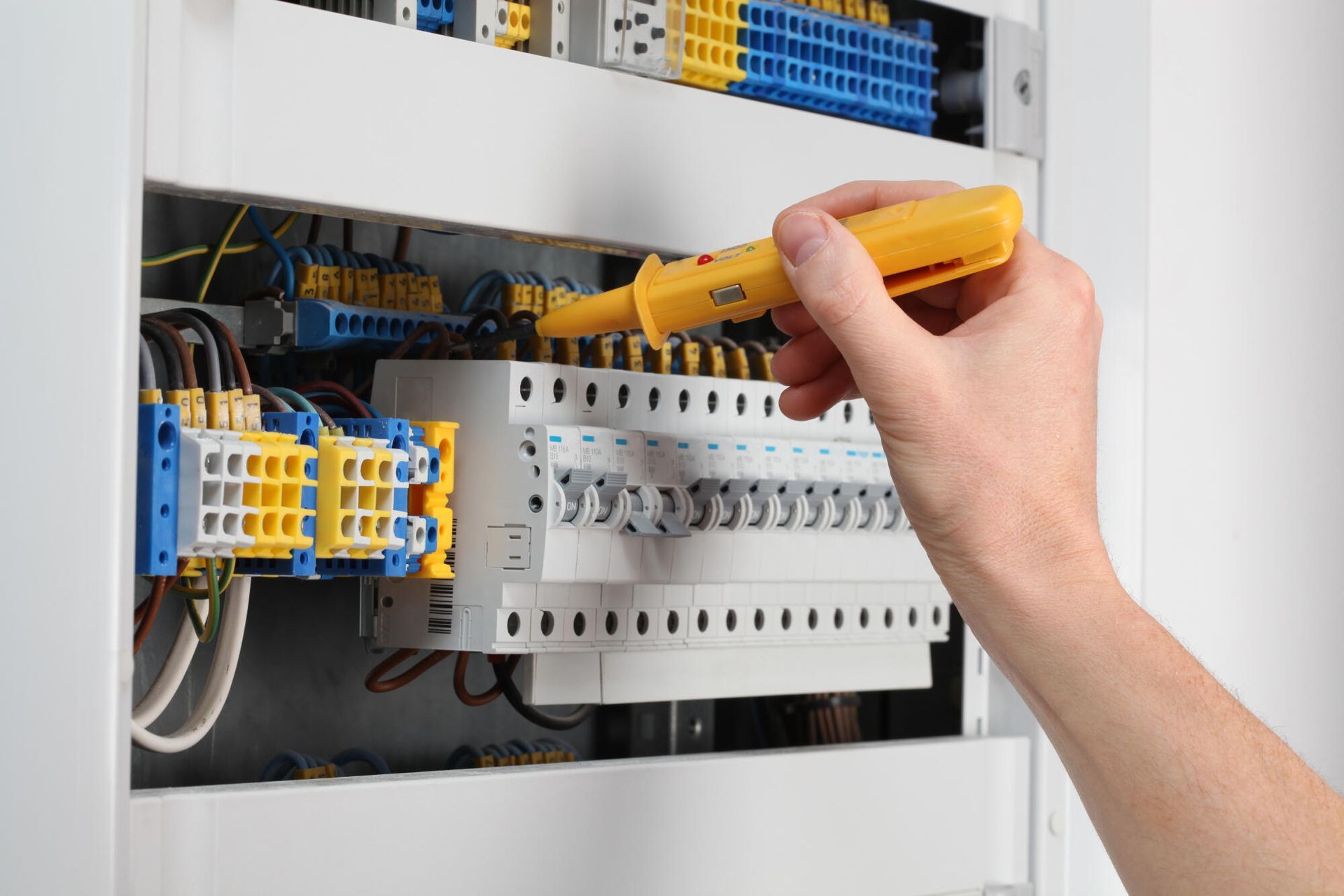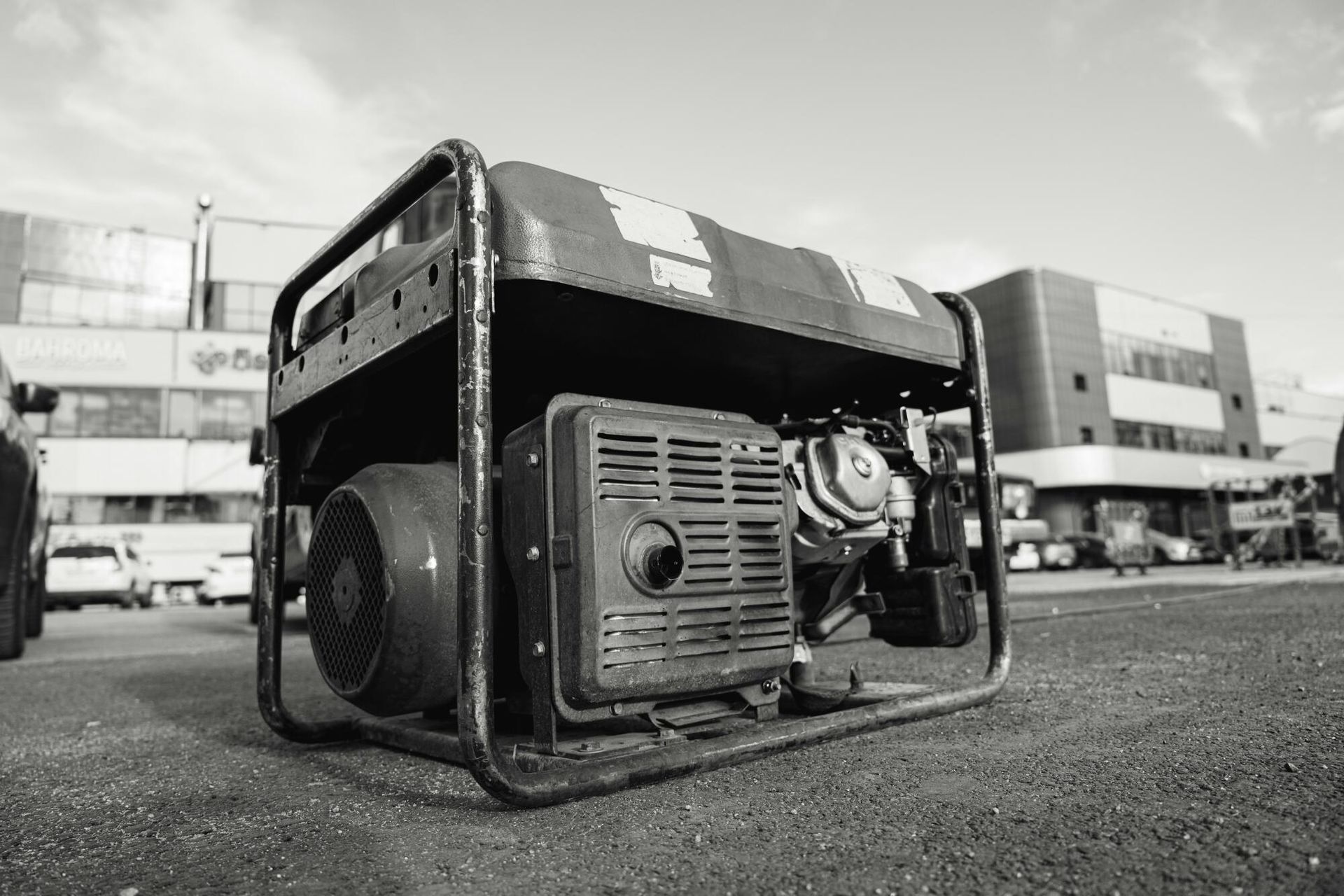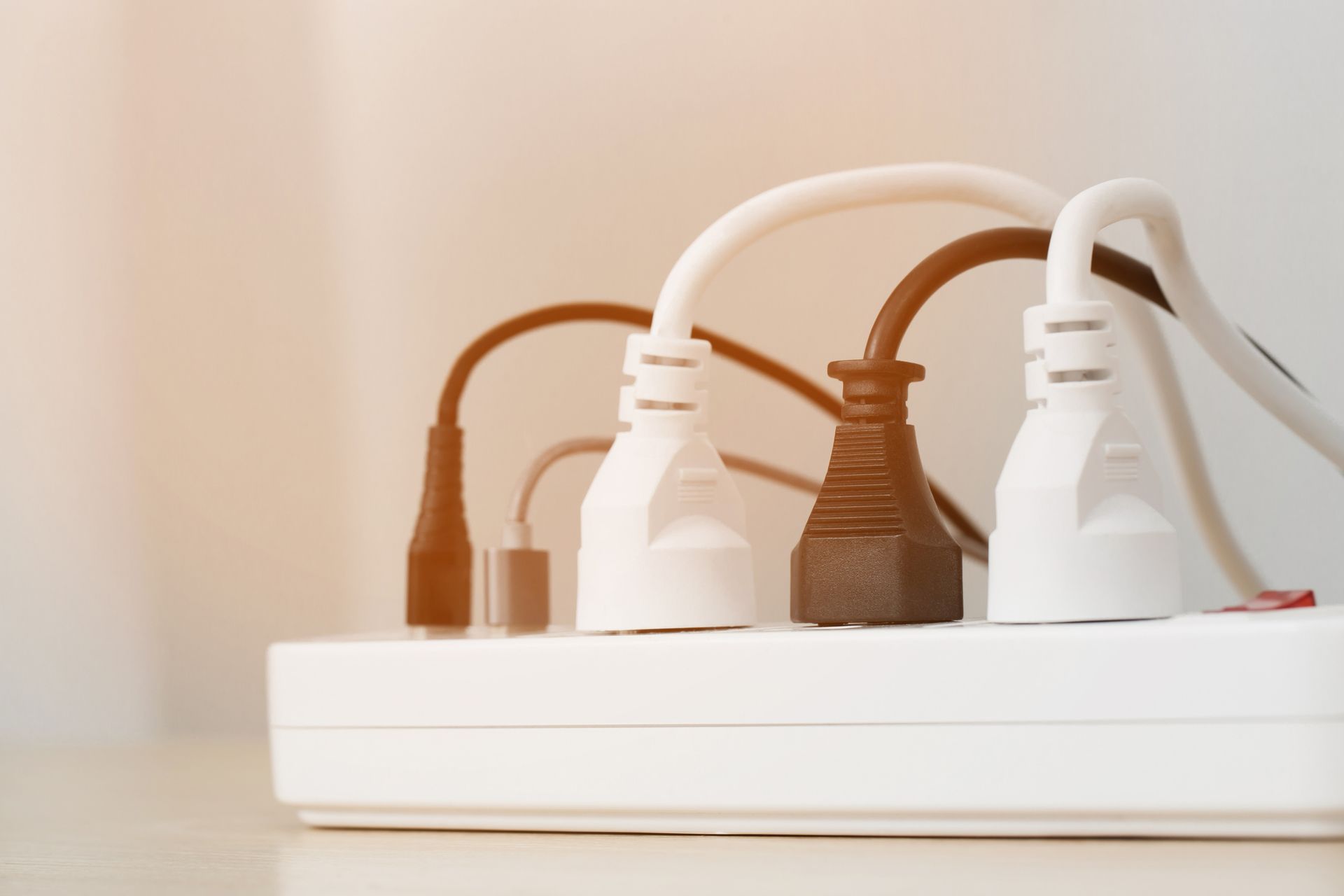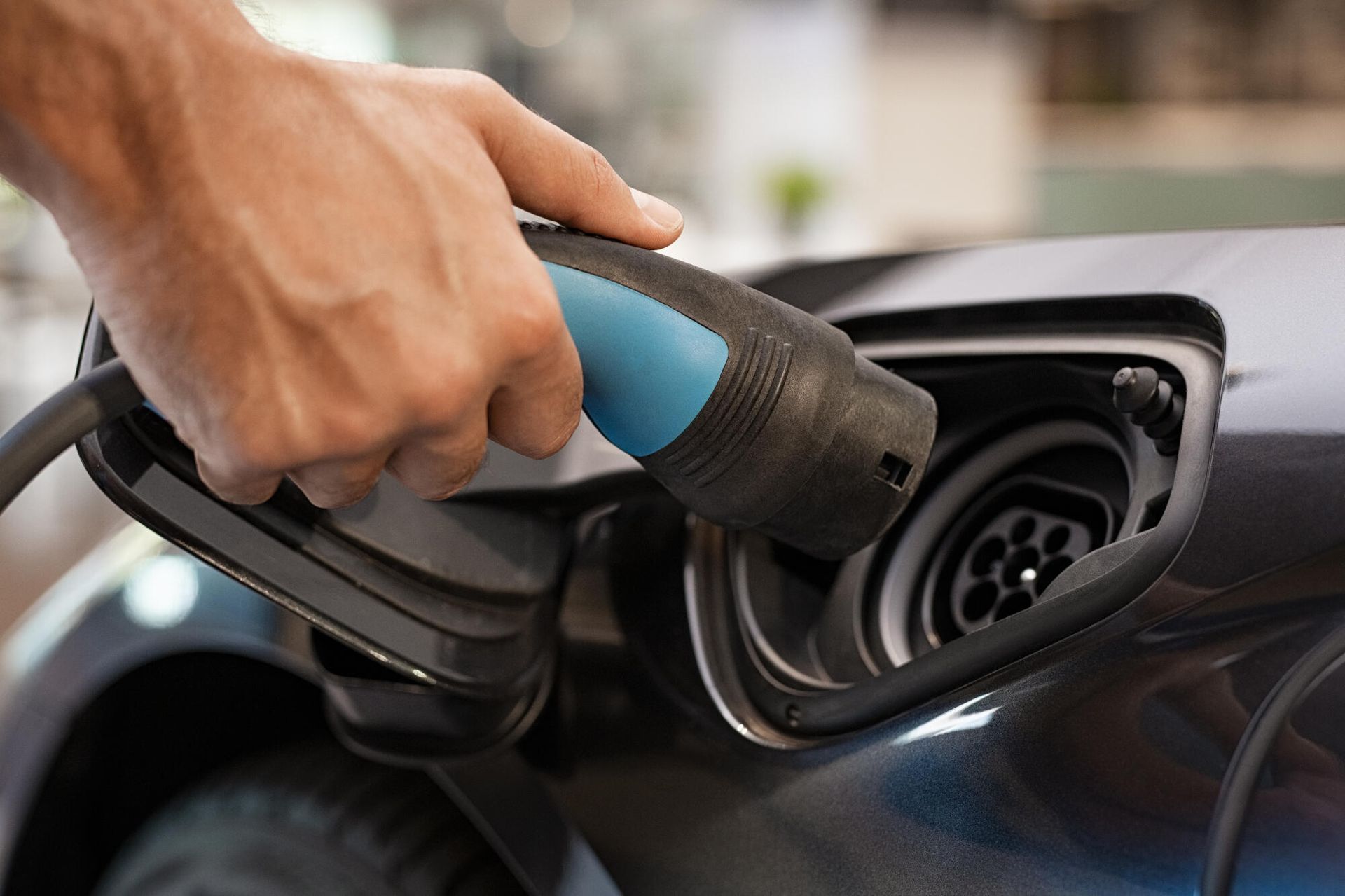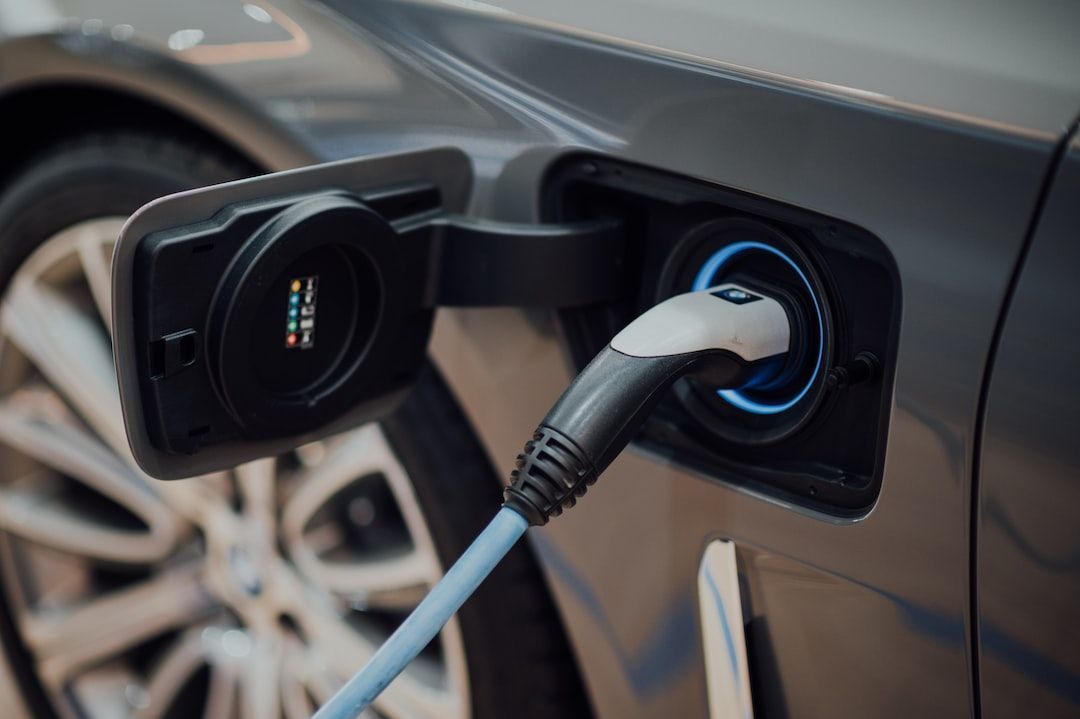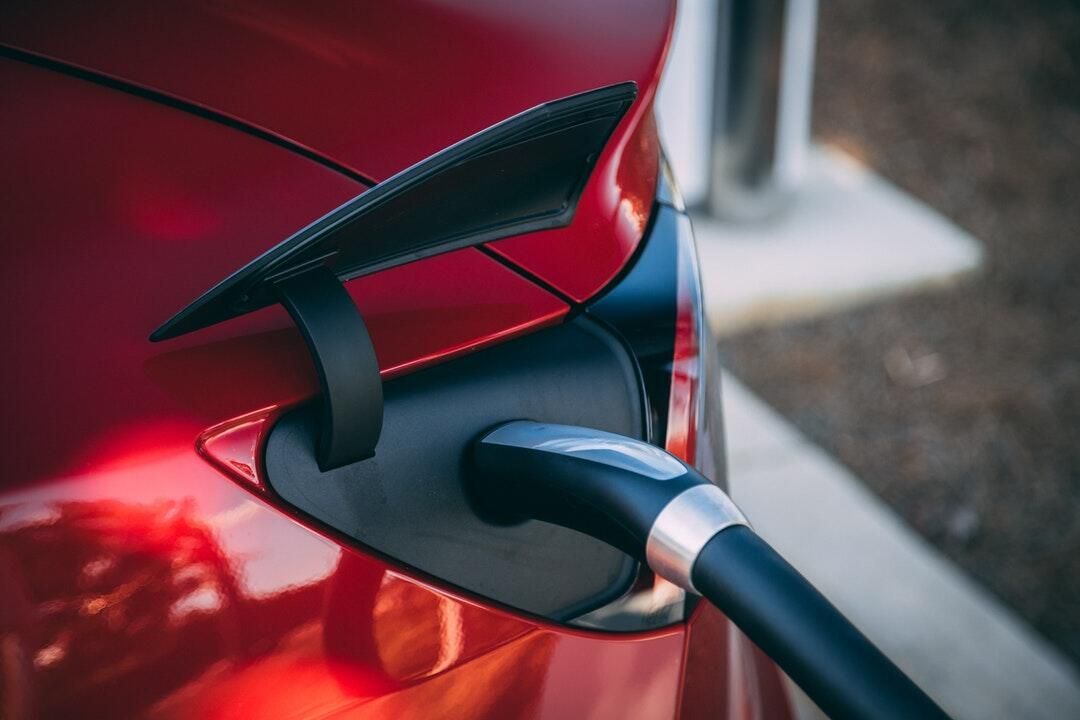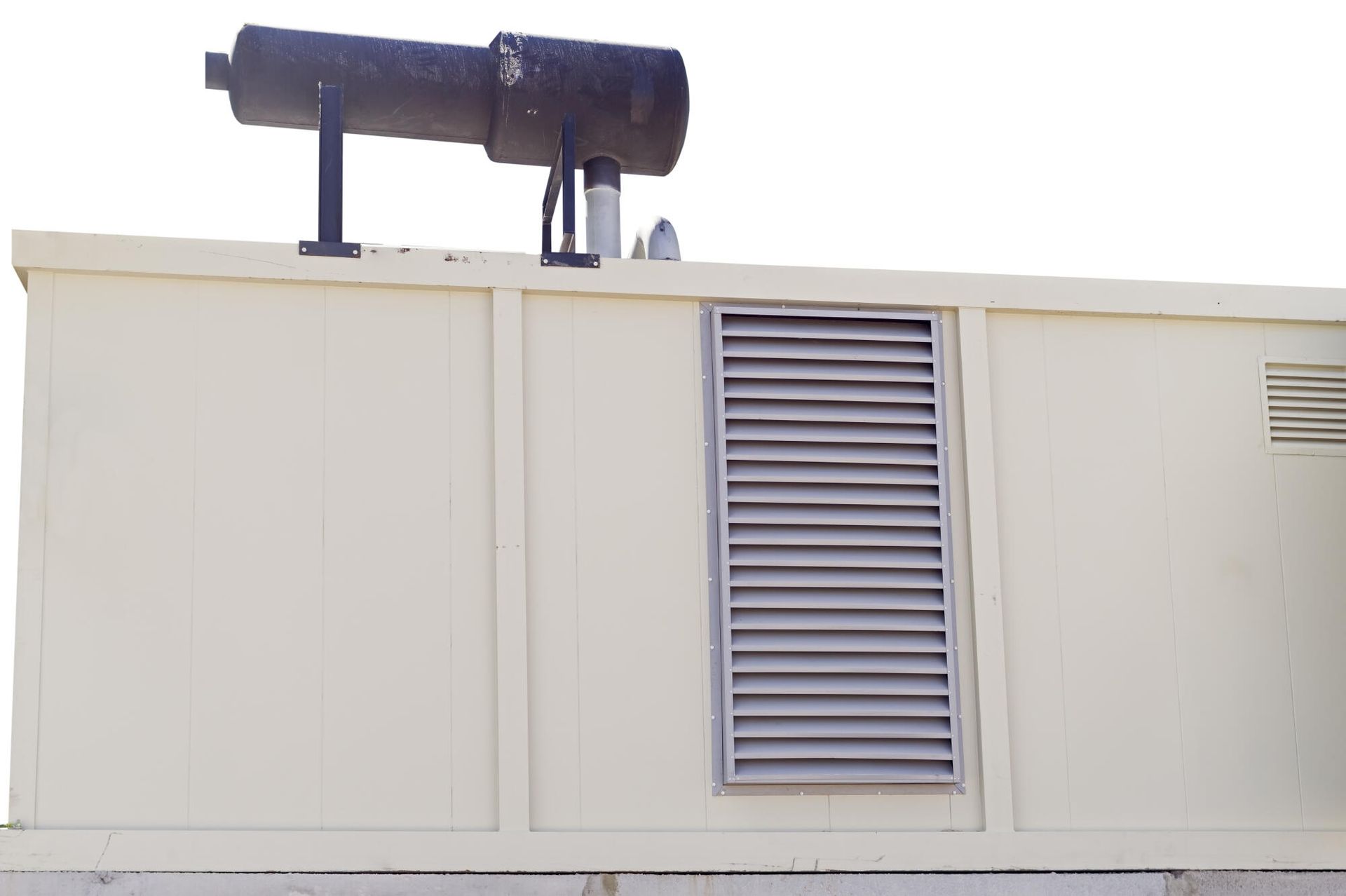7 Warning Signs Your Generator Needs Maintenance
Keeping your generator maintained can prolong its life and avoid expensive repairs. Read about generator maintenance and the signs yours needs servicing.
Did you know the US generator sales market is expected to be worth almost $7 billion by 2028?
With so many options available, it can seem easy to simply buy a new generator whenever yours begins acting up, but what if you didn't have to? What if, with the proper generator maintenance, you could simply repair the one you already have? Not only can you save time, but also money and a lot of headaches.
Read on to learn seven of the biggest warning signs to be on the lookout for.
1. Trouble Starting
If you're having difficulty starting your generator, that could be a major sign of it needing maintenance. If it's your first time using it in a while, it's natural to assume some kind of difficulty, but if you notice it becoming a constant issue, it's smart to look into the problem further. It's usually something simple, like changing the oil or replacing a damaged part.
2. Low Power
When's the last time you checked on your generator's power flow?
If it's not providing as much power as it should, it might mean an issue with the master phase selector or the control panel.
This isn't a repair you can make on your own, though. It's best to
call in a professional to take a look at the problem so you can get things up and running quickly.
3. Leaking Fluid
This one is pretty easy to spot. You'll either notice puddles of fluid with a film on top, or you might even hear dripping from the generator itself.
That filmy liquid is more than likely gas, so if you notice it it's important to take a few initial steps. First, move it to a well-ventilated area. Then, check all your hoses and fuel lines for cracking, tearing, or punctures to make sure everything is sound.
If all of these are good to go, then you should also check your storage pan. If that's gone faulty, it can sometimes cause leaks.
It's dangerous to operate a leaky generator, so finding the cause immediately is important.
4. Damaged or Faulty Parts
If your generator has been in storage for a long time, it's important to check all your components before turning the machine on.
Exterior damage is easy to spot, but you shouldn't assume everything is good to go with one glance. Start with checking your hoses, and then move to the wires and fuel lines to search for signs of rubbing or tearing. If you notice anything out of place, work to get it repaired before you turn everything on.
If you don't know the basics, OSHA's guide to portable generator safety is a good place to start.
If you're stuck in the middle of a storm, power outage, or another emergency, having your generator malfunction in the middle of it isn't going to be fun. Taking those few steps before you need it is going to be a big help later down the line.
Ideally, you should check your generator and perform necessary maintenance every six months.
If you need help making any repairs, don't hesitate to call out a professional.
5. Strange Sounds
Most generators are naturally loud, so it can be hard to distinguish which noises are normal versus uncommon, but it's still possible.
The noise you want to look out for the most is a rattling sound, as this can mean loose or broken components. Other noises to be cautious of are metal-on-metal sounds, loud banging, or a sputtering engine. To play things safe, just turn to a local professional anytime you notice a noise that sticks out among the rest.
It's always better to be safe than sorry.
6. Higher Upkeep Costs
If your generator is older, you're going to start noticing higher upkeep costs. This is simply because your generator is starting to lose its efficiency. The quality of mechanical components, like gears, belts, and other essential parts begins to deteriorate, and you're stuck with higher fuel costs.
Fuel efficiency is a great indicator of your generator's performance. If you find yourself constantly filling it up, this is a huge sign that your generator needs maintenance.
An experienced electrician or technician can easily find, diagnose, and fix all of the issues you're having, meaning decreased fuel costs and higher efficiency all around.
7. Age
The most obvious sign that your generator needs maintenance, though, is its age. Naturally, you can experience wear and tear as your machine ages, so it's important to keep up with regular maintenance costs.
If you have an older machine that's been neglected, you might be wary of replacing it altogether, but you might find that it's necessary. Once you have a new generator, though, you'll know what needs to be done to keep your machine up and running for many years to come.
It can also be helpful to schedule regular maintenance appointments with a professional as soon as you get the machine so you don't have to worry about it later. Then, as soon as the six-month point rolls around, you'll know that you're taken care of.
Don't Neglect Generator Maintenance
Generator maintenance might not seem that crucial, but you'd be mistaken. Proper upkeep is the single best way to help your generator last as long as possible and to help keep your home powered when an emergency strikes. Luckily, keeping an eye out for these signs can help you do exactly that.
If you notice problems arising with your generator, finding a Generac Dealer in Springfield, VA can be a big help. Contact us today to get started.
